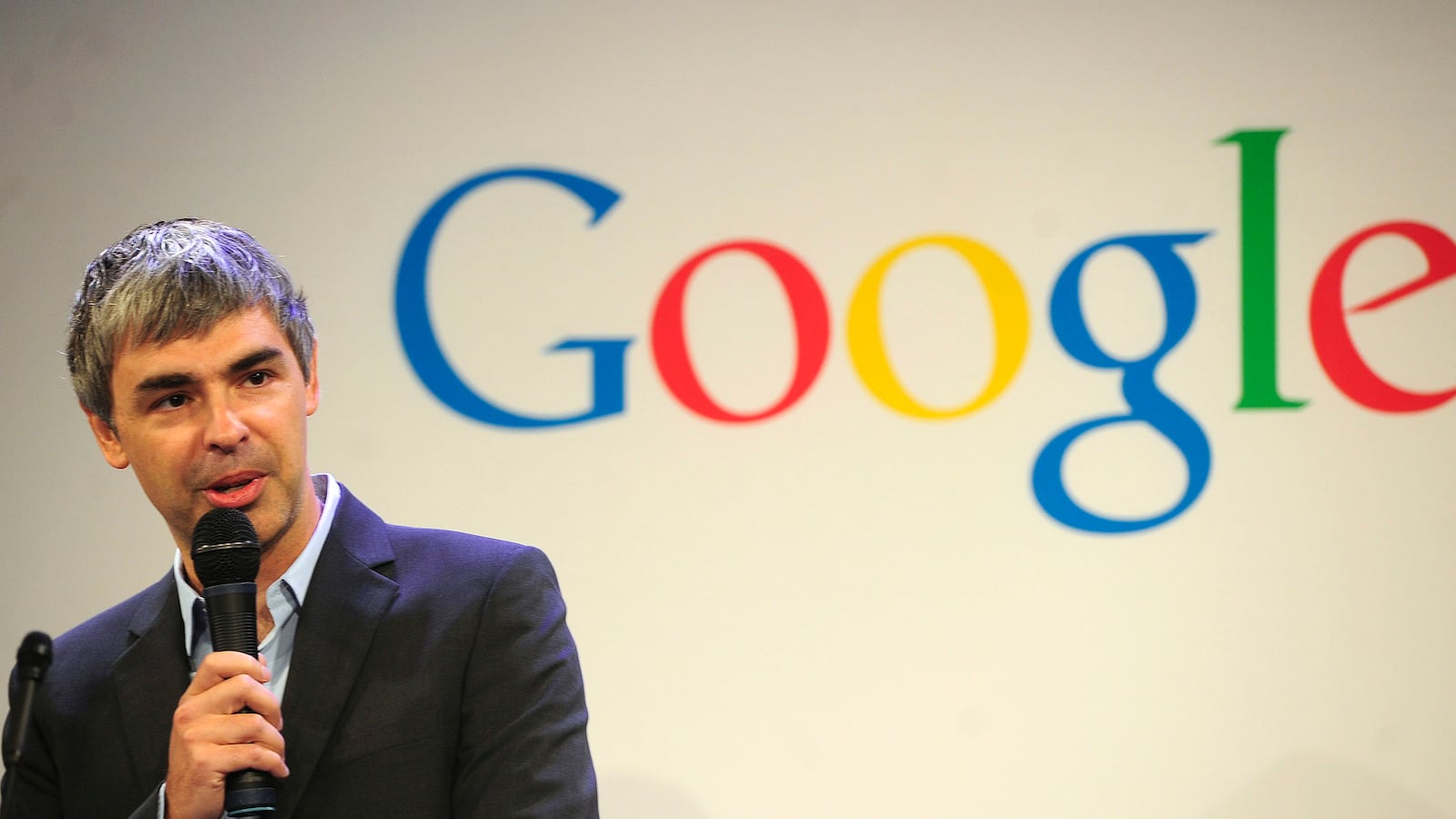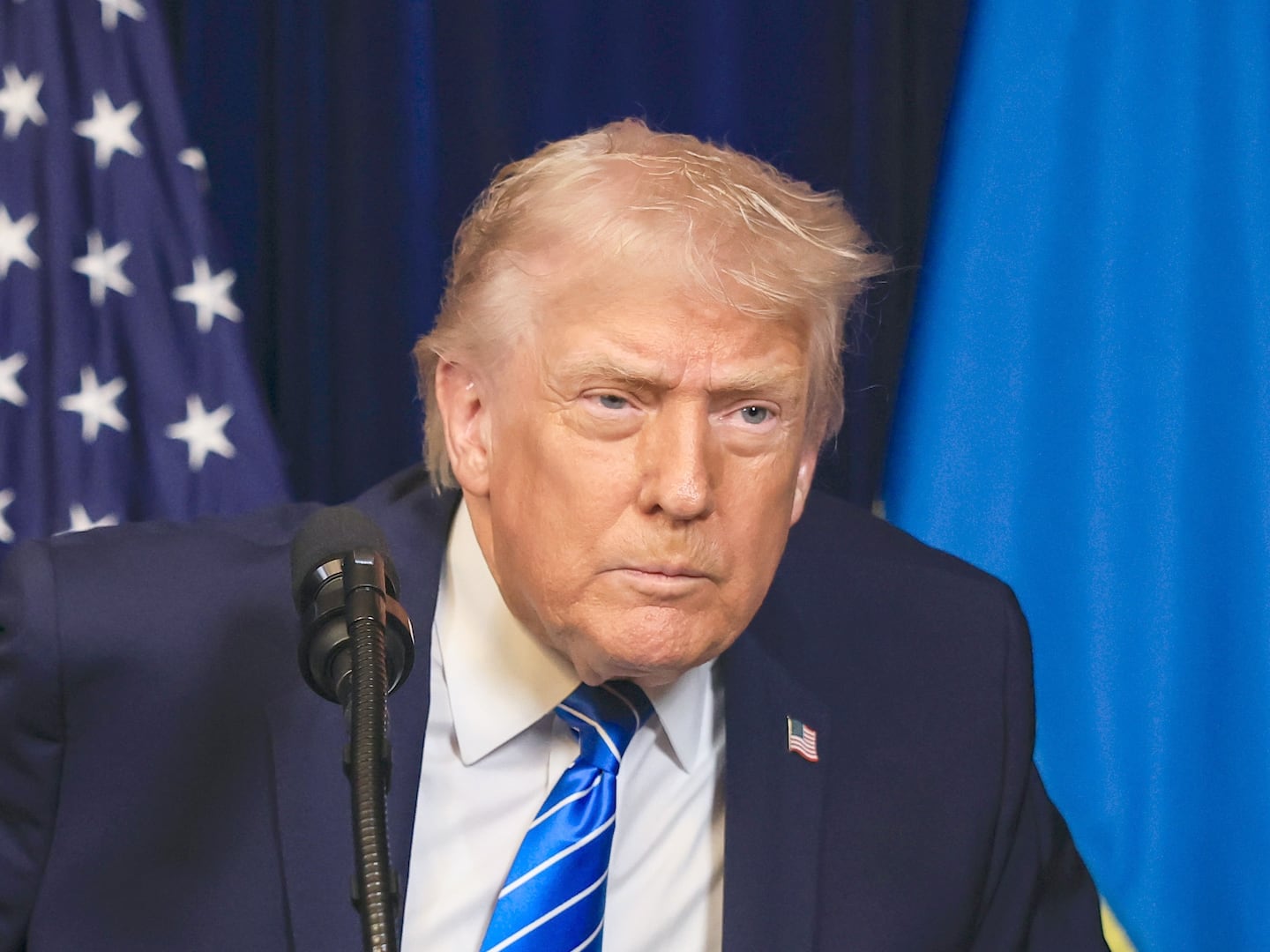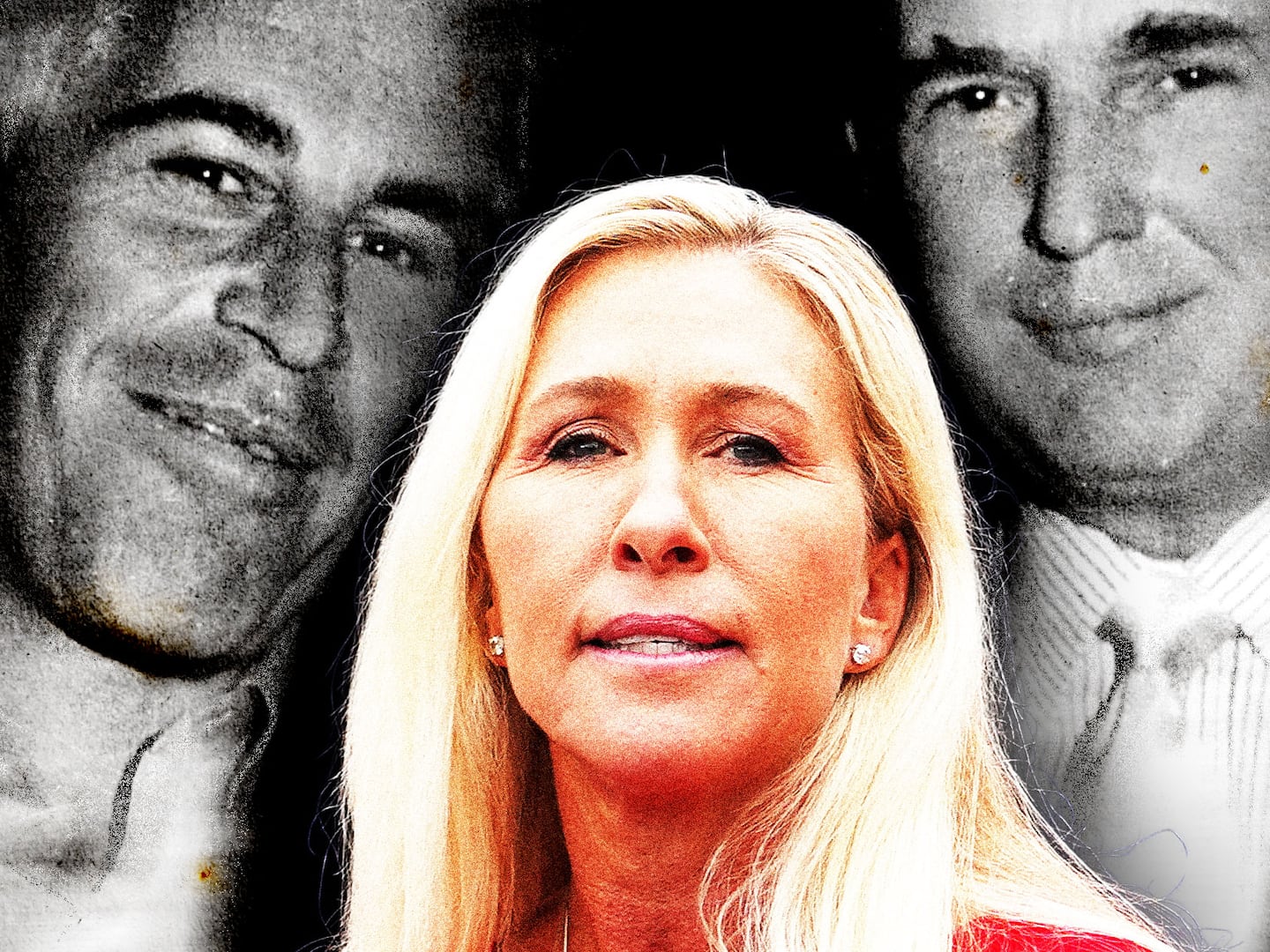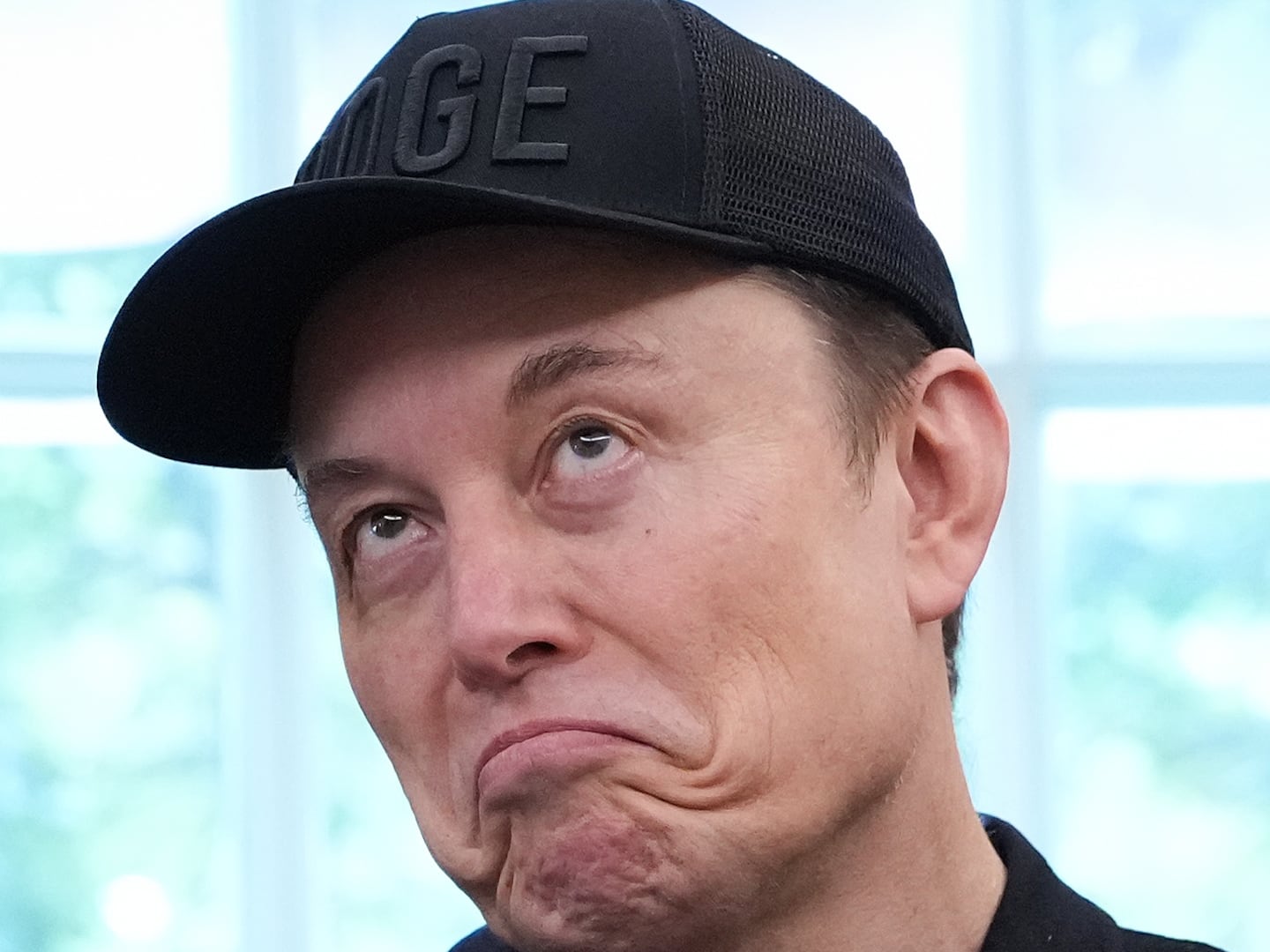It’s the season of sharing in Silicon Valley. Apple CEO Tim Cook did a lengthy interview with Bloomberg Businessweek, and now Google CEO Larry Page is sitting down with a business glossy. Page was interviewed by Fortune’s Miguel Helft for a feature that will appear in the magazine, and Fortune has released some excerpts from the 70-minute chat.

1. Why self-driving cars? Because parking is expensive.
“Google X” is the division of the company responsible for developing cool, high-tech stuff that might not be ready for market for years. The two most prominent examples are Google Glass—the augmented reality glasses project—and the self-driving car. The self-driving car has long been a dream of futurist and science-fiction writers (think I, Robot), but Page says there’s a slightly more prosaic reason for Google to pour millions into this project: parking. Quotes for a parking structure were running at “$40,000 per space,” he says. The solution: automated cars. “If we have automated cars, or even if we have some fraction of automated cars, we’ll save hundreds of millions of dollars on parking, just at Google,” he says.
2. Apple: How do my maps taste?
Although one is a gadgets company and the other makes nearly all its money from selling advertising on search results, Apple and Google have become rivals over smartphones. And while the iPhone is as popular as ever, Google’s Android operating system is being used in more than 500 million phones. One recent big win for Google has been with its maps: Apple’s native maps app for its latest iPhone operating system was such a big flop that Tim Cook apologized, and the designer responsible for its development got fired. In the Fortune interview, Page argues that Google’s wildly popular and well-reviewed maps are the result of a “tremendous focus on really making sure we have very accurate, very structured data about everything.” He notes that Google has been working on maps for seven years and so can “get exact data on like what is this street, and what is this business, what is the outline of this building.” Take that, Apple.
3. What to do with Bezos?
Google is making a big move into shopping and e-commerce. This means Fortune’s businessman of the year, Jeff Bezos, and his company, Amazon, are Google’s next big competitor. Right? Page sees it a little differently. “My job is mostly getting people not to think about our competition,” he says. Because Google is innovative, Page argues, it is developing products that “you haven’t thought of yet [but] that you really need.” So what if competitors think of something Google doesn’t? “If our competitors knew that thing, they wouldn’t tell it to us or anybody else,” he says.
4. Mobile money? Any time now.
Perhaps the biggest question is whether Google can move from the being the most successful company in history at monetizing web content to doing the same for mobile. It hasn’t happened yet, but Page says Google is going to get there. The Android operating system is “in the early stages of monetization,” he acknowledges. But Page is optimistic, saying there are “a whole bunch of things…that you can do on mobile that you couldn’t do before.”
5. The user comes first.
The squabble between Facebook and Twitter over Instagram is just the latest problem for people who like using the products of many tech giants: cooperation when their services overlap. Page, however, is on the side of just getting along: “I’d like to see more cooperation on the user side.” He specifically points to his own background as a computer-science graduate student at Stanford, saying, “The Internet was made in universities and it was designed to interoperate.” What’s happened now, with different services and products isolated from each other, “is a somewhat a shame for users,” he says.
6. What about Motorola?
One of the biggest choices Google has to make going forward is in mobile handset development. It owns Motorola, but handset producers like Samsung and LG make the most popular phones that run on Android. Google also makes its own tablets in cooperation with Asus. So, when asked about how these other companies might feel about Google’s relationship with them going forward, Page is mostly vague, saying: “Every day we kind of evaluate how do we help our partners out the right way.” The goal, he says, isn’t tied to any particular phone manufacturer, but instead, “how do we produce amazing innovative devices.” His judgment on how it has managed that? “I think we’ve done a pretty good job of that so far.”
7. Structure comes first.
While the business press is most interested in Google’s ability to make money from mobile search, operating systems, and other services, Page’s biggest concern is something more mundane: structure and organization. He tells Fortune: “The thing I’m most occupied with now actually is the overall structural questions.” Not self-driving cars or awesome virtual-reality glasses. Bummer.
8. How long will Page stay?
Asked how long Page, one of two cofounders of the company, will stay on as CEO, he is vague, saying: “I don’t know. It seems impossible to predict.”
9. What about Jobs?
Fortune asks: “Apple’s still a partner. It’s a competitor. You and Steve Jobs were friendly.” Page’s response: “At times.”






